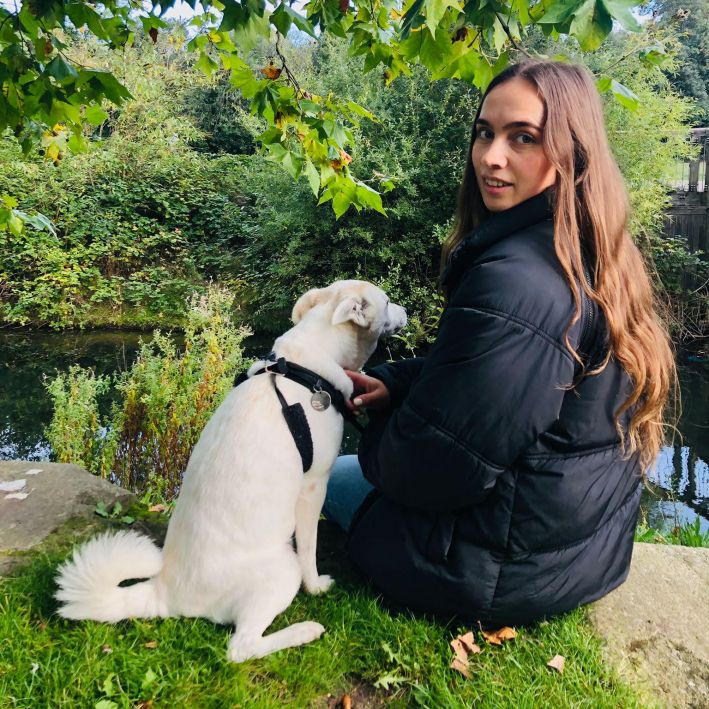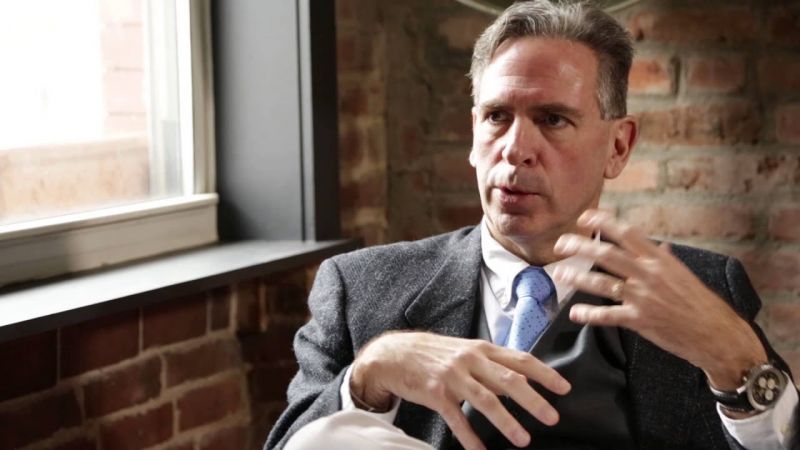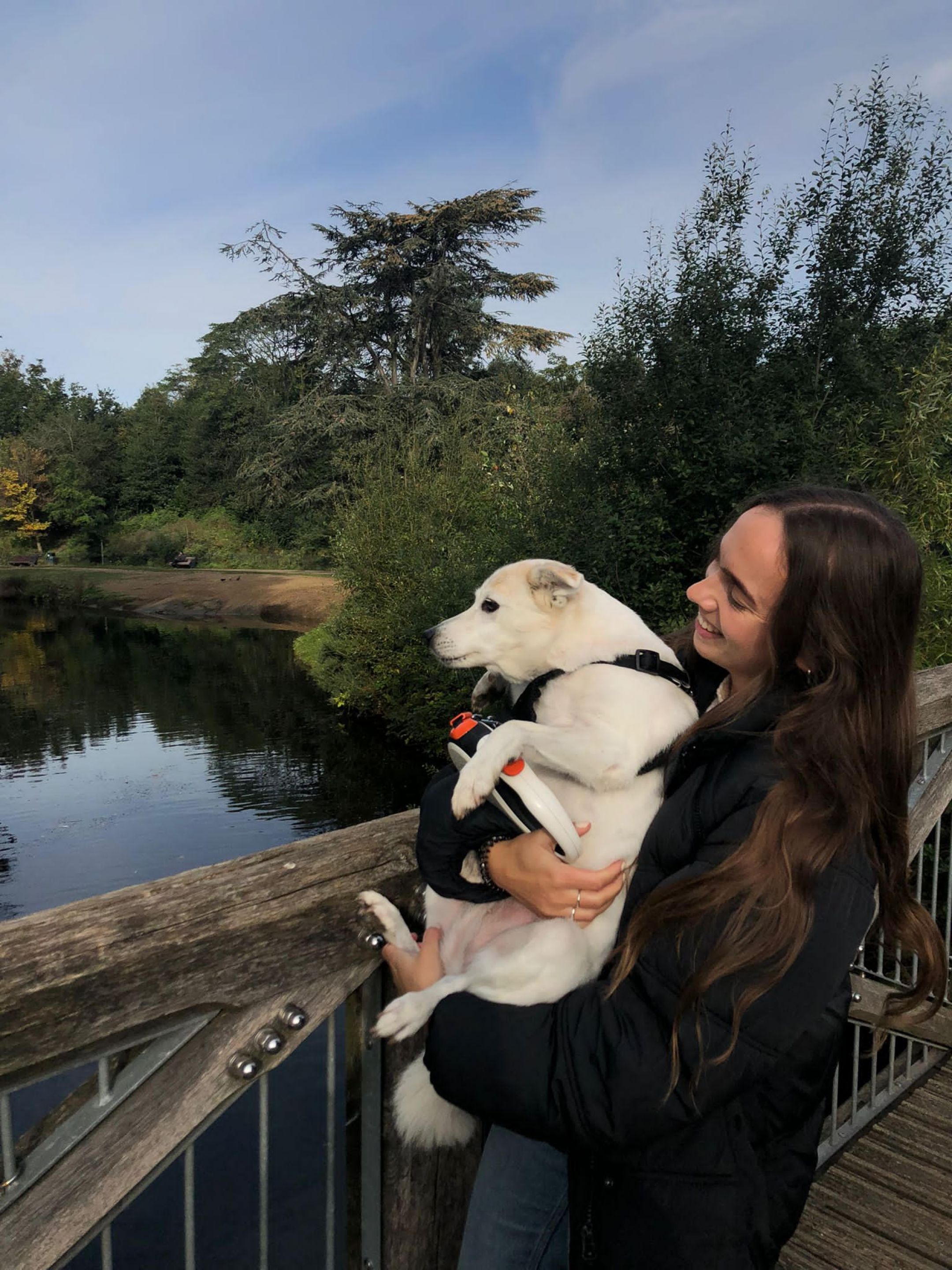How Did I Miss This?
I spent years as a therapist not knowing I had OCD.
Written by FT

01 FT spent years struggling with relationship OCD.
02 Despite working in mental health, she was unaware the subtype existed.
03 After getting diagnosed, she now finds catharsis in writing out her experiences, even when OCD tries to convince her otherwise.
Over the years, I have seen three therapists, completed an undergraduate degree in psychology, and worked within mental health services for nearly six years — three of which have been as a therapist. Yet in the most millennial moment of my life, it was social media that brought to light a longstanding OCD diagnosis that had previously been overlooked.
<>
Why do I keep thinking about death? Get into bed, turn out the lights. Your mum is going to die. Image of mum dead flashes. WTF. Okay weird. Turn over. You’re horrible. Think about those years you were difficult. She’s going to die and you haven’t done your best at giving her a good life. Try to sleep. Don’t think about her dying. Imagine her in bed. She’s safe. Image of mum dead in a coffin. Fuck. Go away. Why am I thinking about this?
Variations of the above became commonplace in my life, and I started to dread the moment I would get into bed. Over time, it grew, and every peaceful moment would suddenly become invaded by thoughts or images of me and the people I loved dying. I developed a pain in my back from constantly thinking about death and worst-case scenarios.
At the time, I had started my current training to become a CBT therapist, and with my learning, I tried to understand what was going on. Is this health anxiety? Perhaps. Death anxiety? I mean yeah, I guess. But it felt like I was missing something. The content of the thoughts were somewhat new, but the way in which they bombarded me wasn’t. Then I realised that while the death obsessions were horrible, in a weird way, it was giving me a break from something else: my relationship.

Dr. Phillipson Talks Science, Symptoms & Treatment of OCD
Scrolling on Instagram, a girl I went to many dubstep raves with in our teens had posted a link to a piece written by someone I vaguely remember from a house party or two. Her piece was about her relationship with OCD and alcohol. Interesting, I thought. I’ll give it a read.
She documented her difficult experience and gave examples of how OCD can manifest. Then she gave some examples of relationship obsessions, and I laughed. I mean, sure, everyone has these thoughts. It’s normal to doubt your relationship — this is not a thing that can be linked to OCD.
Paedophilia OCD? Heard of it. Harm OCD? Sure. Contamination OCD? Yes, I’m aware of it. But Relationship OCD? This isn’t a thing. Because if it is, I would have heard of it. I work in mental health.
What followed was much further research, discussions with friends, a new therapist, and the conclusion that yes, OCD has been the culprit causing havoc in my head. The obsessions and compulsions I experienced in relationships had been present for so long, I never considered that they could be linked to a disorder. I didn't know it was possible to live a life where a relationship, platonic or romantic, didn't take up 99% of my thinking regardless of how happy I was. It was only when the theme of my thoughts shifted onto death that I started to think something wasn’t quite right.

Coming to the realisation that I have OCD has been a massive relief. It has given me a greater understanding of myself and my past experiences, and it allows compassion where there was once confusion. However, it has also come with an overwhelming sense of loss.
For years, I thought I was a deceitful, inauthentic, and cruel person for having intrusive thoughts. In times where I wanted to be present, I was cloaked in a film of anxiety, unable to reach or be reached by those close to me. I took all thoughts as evidence of a hidden truth I wasn’t brave enough to confront, or as a warning that something bad was about to happen for which it was my responsibility to manage.
I didn’t understand that the urge to mentally review my experiences, constantly check my feelings or neutralise my thoughts were compulsions keeping me stuck in a spiral of anxiety. I feel frustrated and sad for the younger version of myself who spent hours seeking reassurance in therapy sessions to try to gain a level of certainty that would never come. I was also shocked that as a therapist, I wasn’t able to put two and two together much sooner.
While I have always been open and honest about my mental health, the fear that my OCD will be misunderstood or dismissed has held me back. Lack of knowledge and misrepresentations of OCD often mean that if I choose to explain my experience, I feel a pressure to educate people on OCD as a whole, which can lead to hours of reviewing whether I explained it exactly right.
What I have found most helpful is writing it out. It has not only been cathartic for me, but also informative for my partner who has often observed me go through a mental storm, unable to understand what’s going on or how to help. I hope that by sharing, someone else out there might finally find answers to the same long-standing questions I had.
To read FT's poetry, click here.
Support our work
We’re on a mission to change how the world perceives mental health.



















